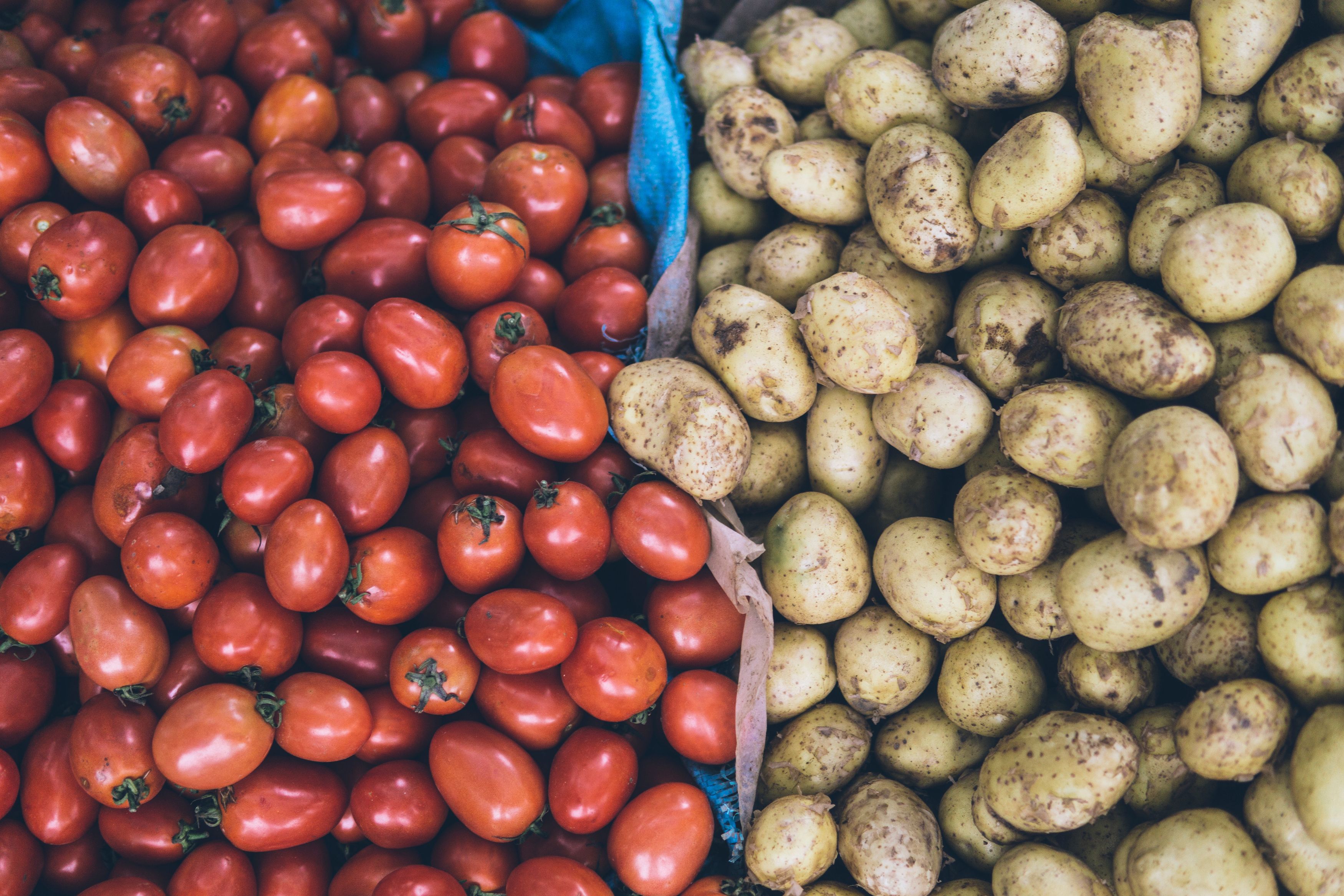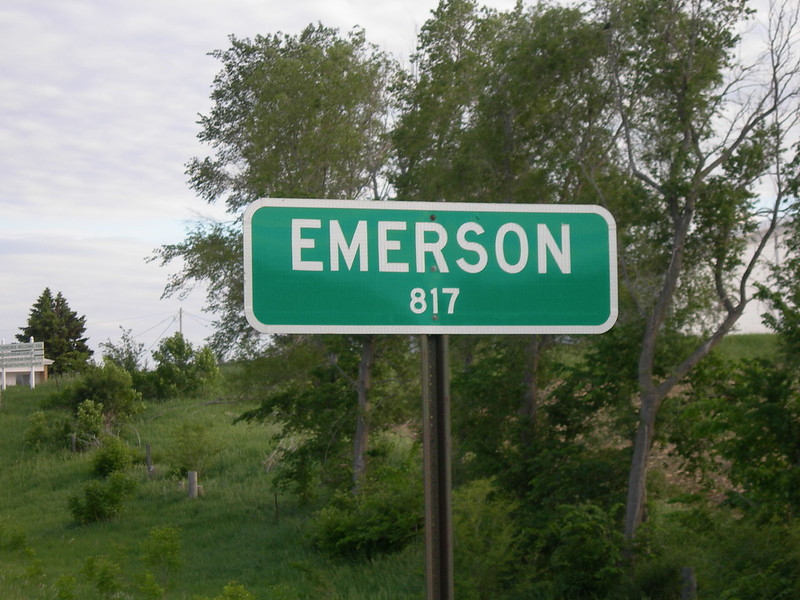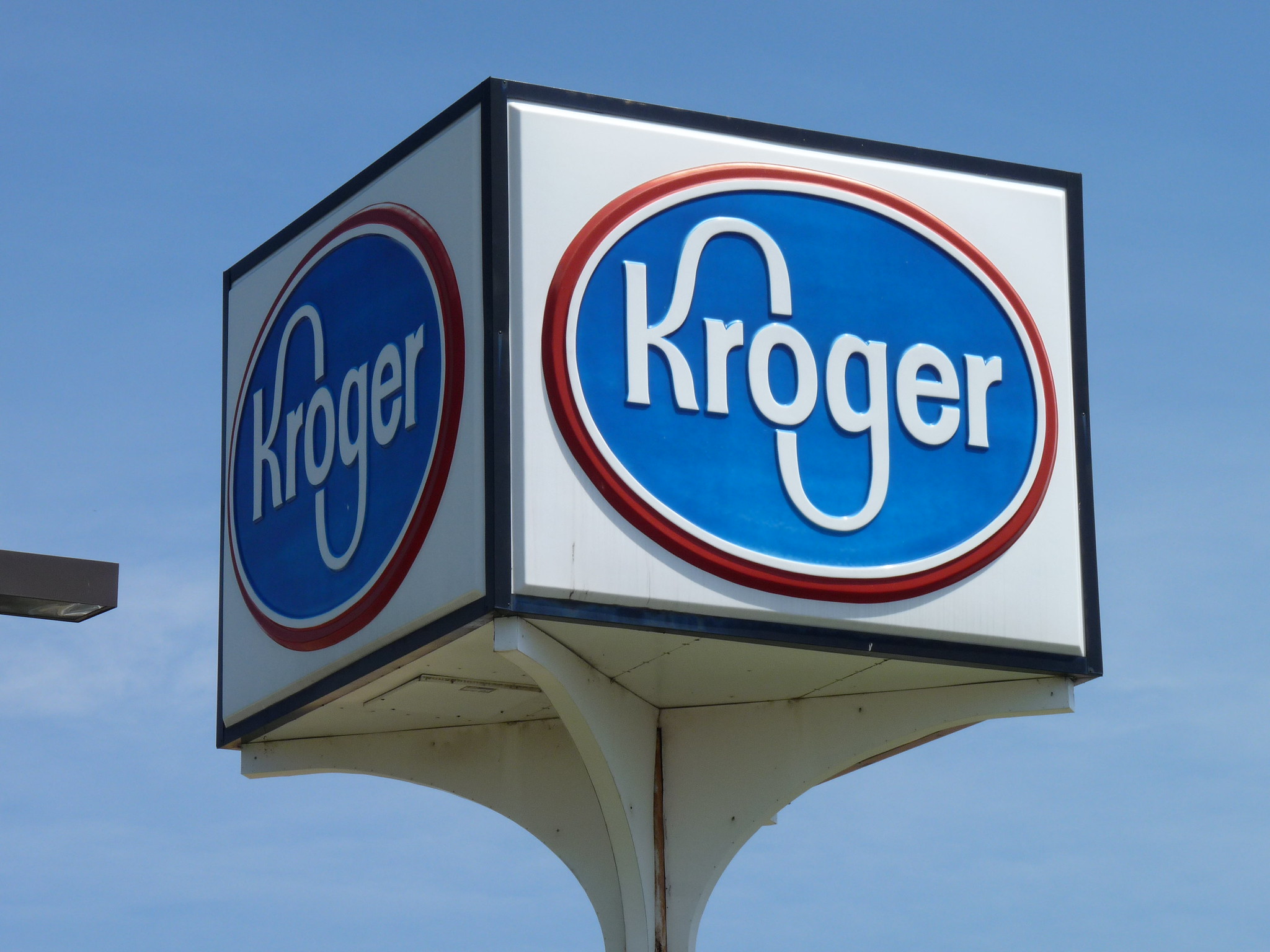
CASE STUDY
Mapping the Corporate Hold on U.S. Grocery Markets
By comparing market dominance across states over two decades, starting in 2000 and ending in 2023, it becomes clear that on average, a small number of corporations have captured over half of the market share in food retail.
CASE STUDY
Exploring Correlations of Corporate Concentration & Food Access in Rural Nebraska
A view from the ground of how different people and places are impacted differently by grocery market conditions.
Title image "Emerson City Limit Sign" by Jimmy Emerson via Flickr, CC.


CASE STUDY
Understanding the Impact of the Proposed Kroger-Albertsons Merger in the Grocery Market Competition in the Northwest
Title image by Kipp Teague via Flickr, Creative Commons.
